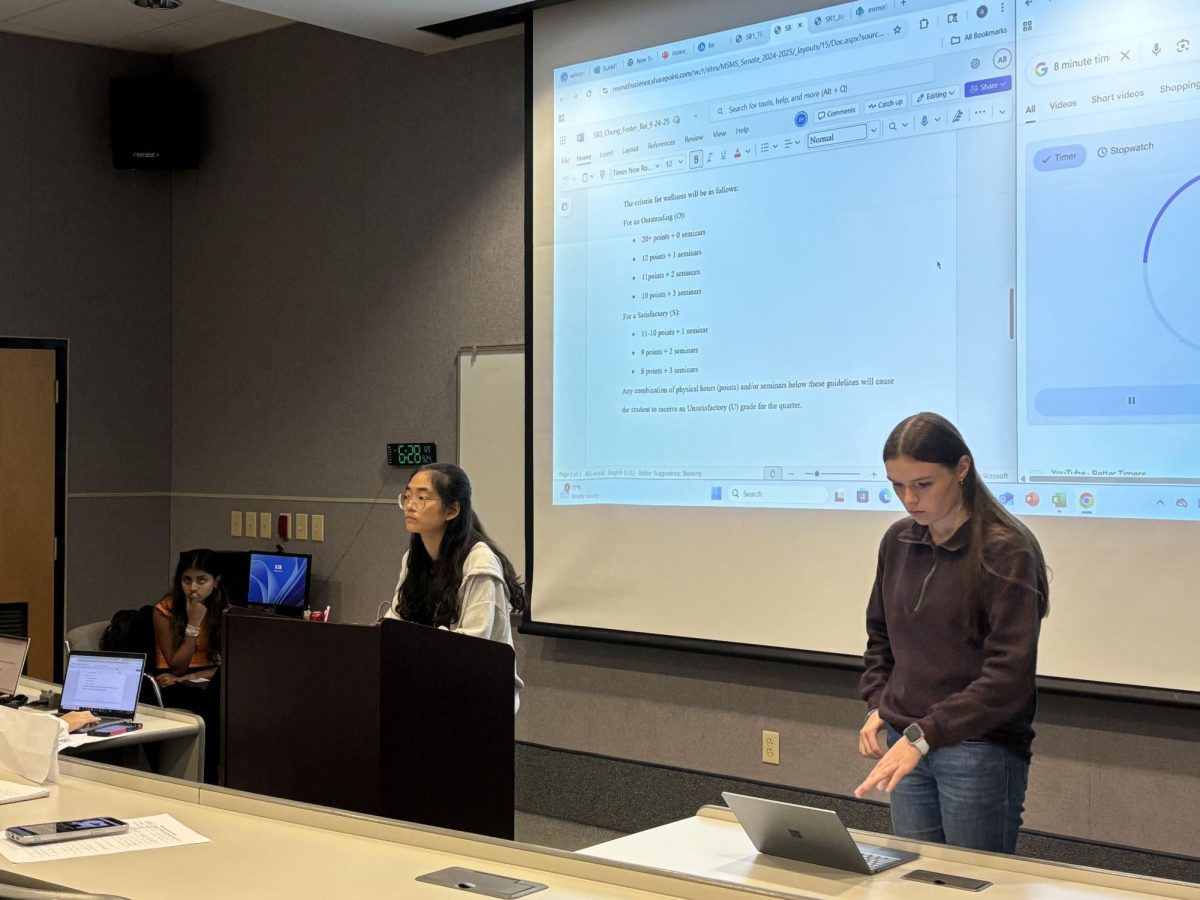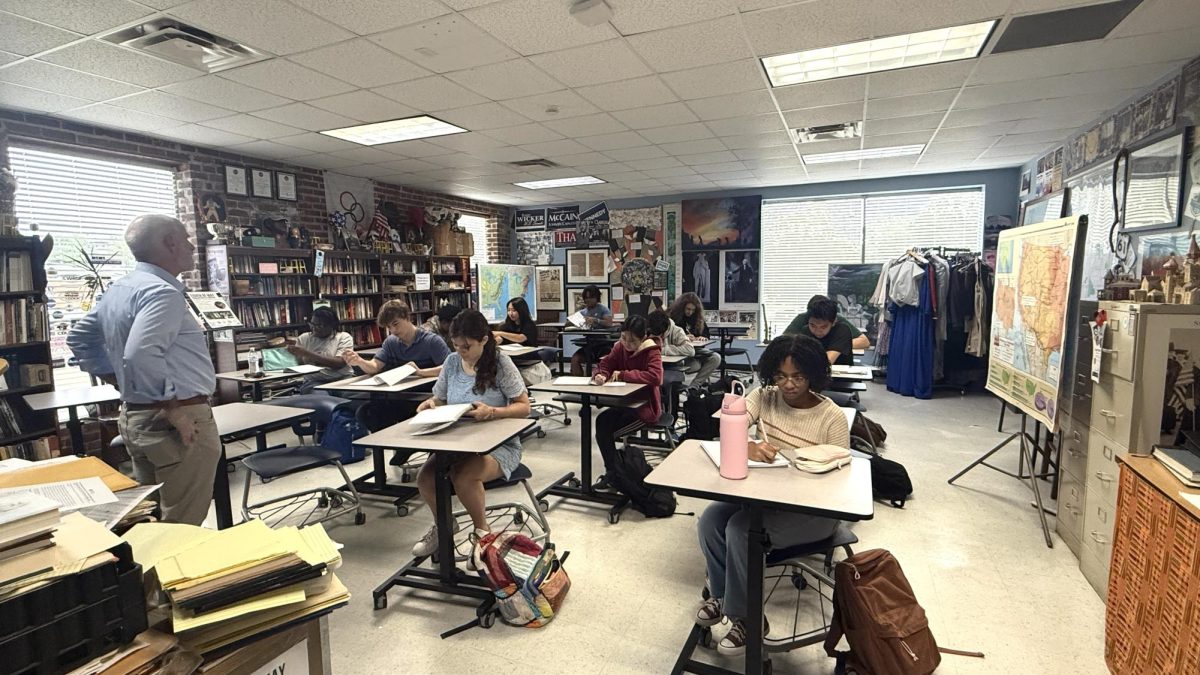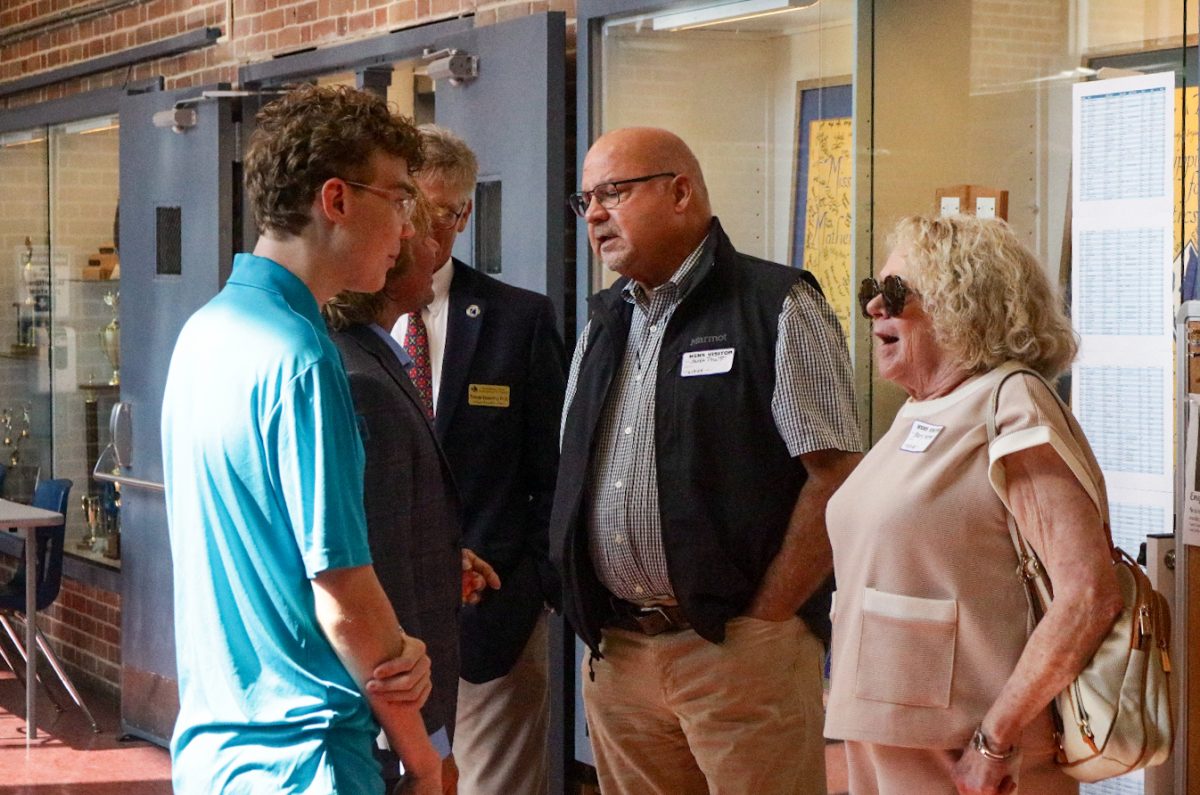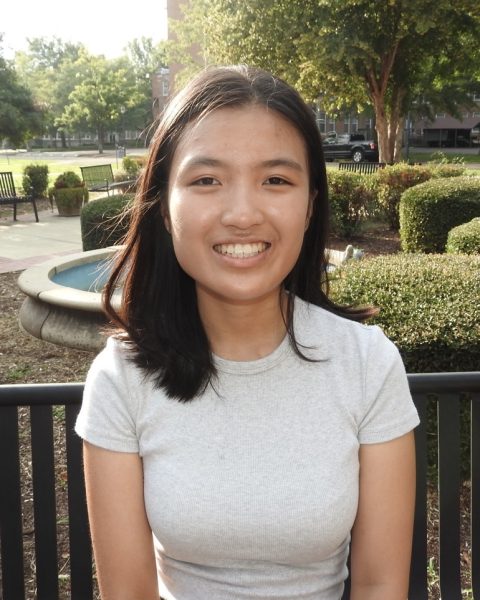Editor’s Note: This article was originally published in the May print edition but remains relevant despite its delayed online publication.
Student representation is a vital part of MSMS since students can share opinions, aspirations and concerns about all aspects of campus life. Through several platforms including the Student Government Association and the Emissary Program, students can advocate and actively participate in the school’s decision-making processes.
SGA, or Senate, is composed of two selected senators from each floor of Goen and Frazer Halls. Every August, students elect senators to serve as liaisons between the student body and administration. Senators propose bills by collecting ideas — mostly through anonymous sources — from the students and faculty members. Bills are then presented to the Senate, where other senators can discuss their opinions on the topic.
Rising senior Samar Rahimi Rosas, a senator who represents Goen Hall’s second floor, said although not every bill is passed, each one makes an impact toward future progress.
“[Bills] still bring up discussion,” Rahimi Rosas said. “I realized after being in [Senate] for a while, every student has similar ideas on what can be improved. Having these bills show what the students want to change specifically.”
In the 2023-2024 academic year, Senate passed a bill incorporating mental health days into students’ schedules. Students can now request to be excused from classes for mental health reasons with a counselor’s approval. Additionally, Senate extended school Wi-Fi access to the library, so students no longer had to rely on personal data.
Rahimi Rosas said MSMS differed from her home school in allowing students to publicly address and change issues at the administrative level.
“MSMS is a completely different environment, and I immediately saw there were a lot of things people could have issues with,” Rahimi Rosas said. “My first bill was to try and get better communication between teachers and test dates. Every teacher has their own way of communicating, whether that’s through a syllabus or announcing [it] verbally.”
SGA held officer elections in May for the 2024-2025 school year. Rising seniors Carys Peden, Megan Colley and Teagan Lotwala were elected as president, vice president and secretary, respectively.
When asked what she hoped to achieve as president, Peden said her passion for politics encouraged her to make changes that benefit her peers.
“[SGA] is a community, and I really wanted to be involved in something I am passionate [about],” Peden said. “[SGA] has taught me a lot of skills without being in a class. I learned to think critically and discuss issues about the community.”
Additionally, MSMS has an Emissary Program allowing seniors to guide incoming juniors during their transition from their home schools.
Much like a school mascot, emissaries serve as ambassadors of the student body. They are selected based on the demographics of the incoming junior class and lead groups of four to five students according to their room assignments. Throughout the year, emissaries share their personal experiences and expertise about campus life and coursework.
Class of 2024 graduate and former emissary Rushi Nalamalapu said he applied to help foster a community and a second home for incoming juniors.
“I wanted to ensure that everyone had the same opportunity to learn about the school as I had. Coming from a very underrepresented region of the state showed me how important it is to represent the school for everyone across the state,” Nalamalapu said. “Nobody who wants to learn should be discouraged from applying to MSMS.”
Rising senior Olivia Cochran said her emissaries were an invaluable source of knowledge while she was adjusting to the MSMS community.
“[Emissaries] have a proximity to everyday life at MSMS that I don’t think anyone else could have,” Cochran said. “They have an individual and very unique perspective, and they’re also able to connect with you better as one of your peers.”
In a study conducted by educational researcher Susan Yonezawa to see the impact of student representation toward school reformation in the San Diego School District, she observed several positive results. Students felt less isolated and more engaged with school activities, and their discussions provided more insight into the structural and cultural challenges of learning that adults cannot access.
Director for Student Affairs Stacey Holmes said students play a crucial role in understanding their peers’ needs and passions.
Students’ representation reflects the effectiveness of schools by creating genuine, interdisciplinary and engaging learning environments. It also encourages students to make responsible decisions.
“Students are different from year to year,” Holmes said. “Your expectations and needs may be different from my expectations and needs. No one can speak to what the student experience is and what it needs to be more than the student.”














